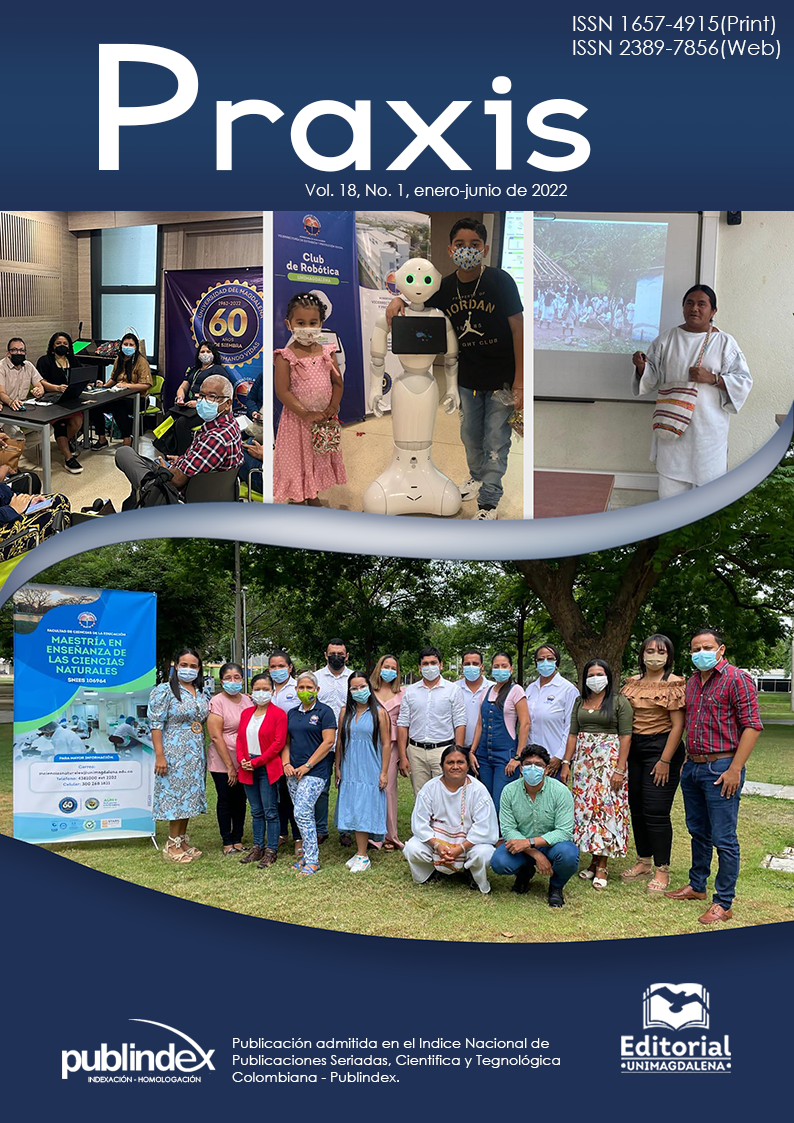Abstract
It is necessary to introduce shared assessment strategies in university education of teachers, that guide and train students in the learning process. Conceptual maps (CM), rubric, and self-assessment could be strategies to meet these purposes. To analyze learning responses in the final exam using CM, rubric and self-assessment as formative and shared assessment strategies between teacher-student. 97 final exams of Biology students (2012-2018) were retrospectively analyzed based on the knowledge of content and teaching strategies. Five criteria were evaluated in the MC: subject, format, knowledge of biology, key concepts and interdisciplinary relationship (Biology, Chemistry and Physics). Teachers and students developed a rubric during the course to classify the learning responses (optimal, regular and insufficient). Students self-assessed learning. Through this evaluation modality, 88% passed, 72% used problem situations, 52-71% obtained optimal learning in 4/5 criteria and 72 related knowledge of 2 disciplines. The self-assessment generated doubt and wonder. The evaluation modality used allowed the sharing of knowledge with a participative student, giving continuity to the pedagogical training task.
This work is licensed under a Creative Commons Attribution-NonCommercial-ShareAlike 4.0 International License.
Copyright (c) 2022 Praxis
Downloads
Download data is not yet available.


